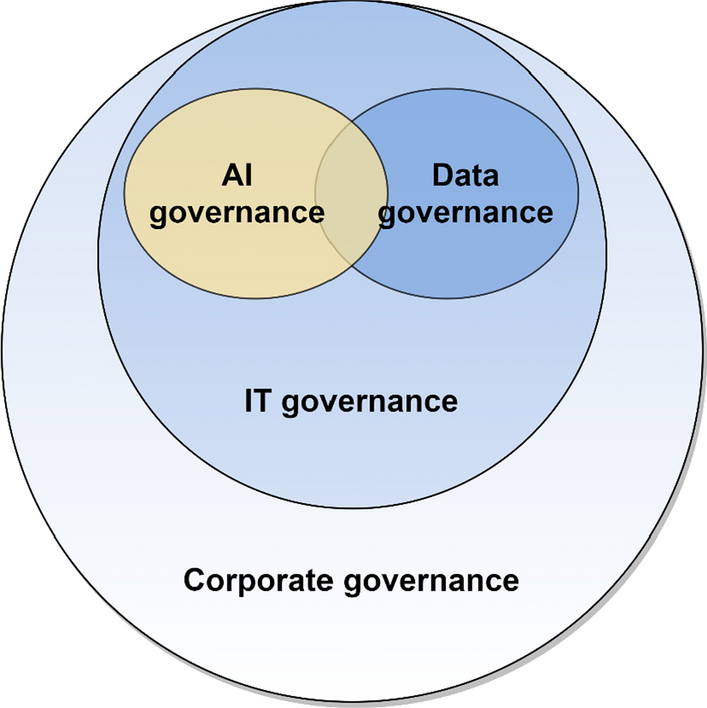Why B2B Payment Methods Deserve More Attention Than They Get
Business to business transactions aren’t just about invoicing anymore. In the past decade the world of B2B payment methods has shifted from clunky bank transfers and paper checks to a sprawling digital ecosystem of e-wallets automated platforms embedded finance and crypto experiments. This shift hasn’t been smooth. It’s messy it’s innovative and it’s full of contradictions.
Many businesses are overwhelmed by the variety of options. This article aims to make things clearer not just slicker. We’ll walk through popular B2B payment methods the pros and cons of each and what real businesses like Singleclic have learned along the way.
“In our agency the biggest challenge was connecting the right payment workflow to our partners without creating friction. Simplicity wins every time” — Tamer Badr owner of Singleclic
🔗 Don’t forget to check our core solution for B2C & B2B workflows: Singleclic’s B2B Payment Solutions
What Are B2B Payment Methods Really
Before we dive into comparisons let’s simplify the jargon. B2B payment methods are simply how one business pays another. That can be:
- For products (like bulk orders of equipment)
- For services (like marketing or SaaS subscriptions)
- For recurring vendor contracts
- Or cross-border partner collaborations
The ideal method is fast affordable traceable and compatible with your systems. But each method has quirks. Let’s break them down.
Traditional Methods (Still Around and Still Painful Sometimes)
1. Wire Transfers
Still one of the most commonly used methods especially for large payments. But it’s not perfect.
Pros:
- Secure
- Widely accepted across banks
- Can handle large sums
Cons:
- Fees fees and more fees
- Can take days especially international
- Limited automation
- Requires detailed information (which can go wrong easily)
Tamer Badr notes: “We had clients pay us via wire from Saudi Arabia and sometimes it took 6 working days. That’s not acceptable anymore.”
2. Paper Checks
Yes they still exist. Often used in the US especially in legacy industries.
Pros:
- Simple
- Recordable
Cons:
- Painfully slow
- Risk of getting lost or forged
- Hard to automate
- Requires manual effort on both ends
Digital Payment Platforms (Where Things Get Interesting)
3. ACH Transfers (Automated Clearing House)
Used primarily in the U.S. for direct bank-to-bank payments. Ideal for recurring invoices.
Pros:
- Low fees
- Better for payroll and subscriptions
- Fairly reliable
Cons:
- U.S. only
- Delays of 1–2 days
- Needs proper verification setups
4. Credit Cards
More common in B2C but creeping into B2B especially for smaller suppliers or service providers.
Pros:
- Fast payment processing
- Rewards and cashback options
- Fraud protection
Cons:
- High merchant fees (up to 3.5%)
- Not great for large transactions
- Can result in chargebacks
5. Online Payment Gateways (Stripe PayPal Square)
Increasingly used even in B2B especially by startups and software vendors.
Pros:
- Fast
- Integrates with invoices and CRMs
- Easily linkable to SaaS tools
Cons:
- Very high fees
- FX conversion may be unfavorable
- Compliance challenges in some countries
“Stripe was easy to set up but costly over time. It worked for quick proof of concept but we had to move to bank rails for scale” — Tamer Badr
Modern Infrastructure & Automation (The Future Is Now-ish)
6. Virtual Cards
One-time use cards issued for specific vendors or transactions.
Pros:
- Improves expense tracking
- Reduces fraud
- Can automate approvals
Cons:
- Limited acceptance
- Dependent on platform
- Not for high volume payments
7. ERP-integrated Payments (via SAP Oracle or Zoho)
These are payments embedded directly into Enterprise Resource Planning systems.
Pros:
- Deep integration
- Automates reconciliation
- Scales easily
Cons:
- Complex setup
- High cost for small businesses
- May require custom APIs
8. Blockchain & Crypto Payments (Not Just a Fad?)
Some companies use stablecoins like USDC or even BTC for international vendor payments.
Pros:
- Fast settlement
- No currency conversion
- Transparent
Cons:
- Volatility (unless stablecoin)
- Tax & accounting mess
- Compliance gray zones
“We experimented with crypto payments for a South African vendor. It worked but our accountant nearly quit” — Tamer Badr
People Are Always Asking…
- What’s the cheapest way to pay international vendors?
Often ACH or local bank transfers via platforms like Wise or Payoneer - Are checks really still used?
Shockingly yes in many American B2B settings - Can I use Stripe or PayPal for recurring B2B contracts?
You can but the fees add up fast - Is crypto legal for B2B payments?
Yes but regulation depends on your country. Always talk to your finance counsel - What’s the safest way to pay overseas?
Use regulated platforms like Wise SWIFT or traditional banks with payment guarantees
Comparing Common Platforms
| Payment Method | Speed | Cost | Best For | Drawbacks |
| Wire Transfer | Medium | High | Large international | Slow setup |
| ACH | Medium | Low | US recurring | US-only |
| PayPal | Fast | High | Small businesses | Fee-heavy |
| Wise | Fast | Low | Global transfers | Not good for huge payments |
| Stripe | Fast | High | SaaS B2B | Setup fees add up |
| Crypto | Fast | Low (no banks) | Borderless ops | Legal complexity |
FAQ
Q: How do I choose the right B2B payment method?
A: Look at 3 things: your vendor’s preference your internal system compatibility and total cost including FX.
Q: What’s better Stripe or Wise?
A: Stripe is better for in-app or product-based SaaS. Wise is better for direct vendor payments globally.
Q: Is automation really worth the effort?
A: Yes. Even if you automate just reminders or receipts it saves hours a month.
Q: Can I send crypto without a wallet?
A: No. Both sender and receiver need a wallet. Use stablecoins if you hate volatility.
Reviews From Businesses
“Using Stripe was great for the first year but we switched to a more cost-effective option once we scaled.” – GrowthOps Studio
“Wire transfers remain our go-to for bulk deals. Just annoying for our accounting team.” – Industrial Partners Inc.
“Payoneer gave us a good deal on bulk payments to freelancers across 4 countries.” – Creative Loop Digital
“We saved over $5000 in FX fees by switching from PayPal to Wise.” – Mediacorp Distro
Watch Out: Drawbacks Worth Knowing
- Integration headaches: Many platforms don’t talk to each other. You might need middleware tools
- Hidden fees: FX markup can be 2–4% without you noticing
- Compliance issues: GDPR PCI DSS and local tax rules can get messy
- Time delays: Public holidays in one country can delay your payment by 4+ days
- Chargebacks: Credit card-based payments are risky in B2B unless clearly documented
Smart Tips Before You Choose
- Ask your vendor what works best – Save time upfront
- Factor in the cost of foreign exchange
- Automate what you can – Even email triggers or Slack updates help
- Keep a fallback option – Banks fail PayPal accounts freeze crypto gets blocked. Always have a Plan B
- Document everything – Especially for audit and compliance
Final Thoughts
The future of B2B payments isn’t one-size-fits-all. You’re gonna mix methods. That’s the truth.
Some industries still need slow formal bank rails. Others thrive on nimble modern APIs. The trick is knowing when to use what and staying honest about the costs.
“Don’t obsess over the tech. Obsess over how it fits your operations. We dropped crypto even though we love the idea because our accountant couldn’t handle it” — Tamer Badr
References
- Wise.com: https://wise.com/us/business/
- Payoneer: https://www.payoneer.com/
- Stripe: https://stripe.com/









